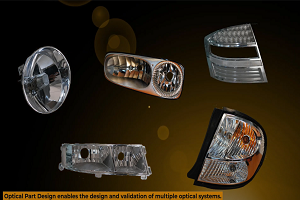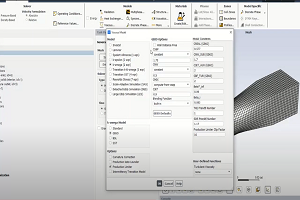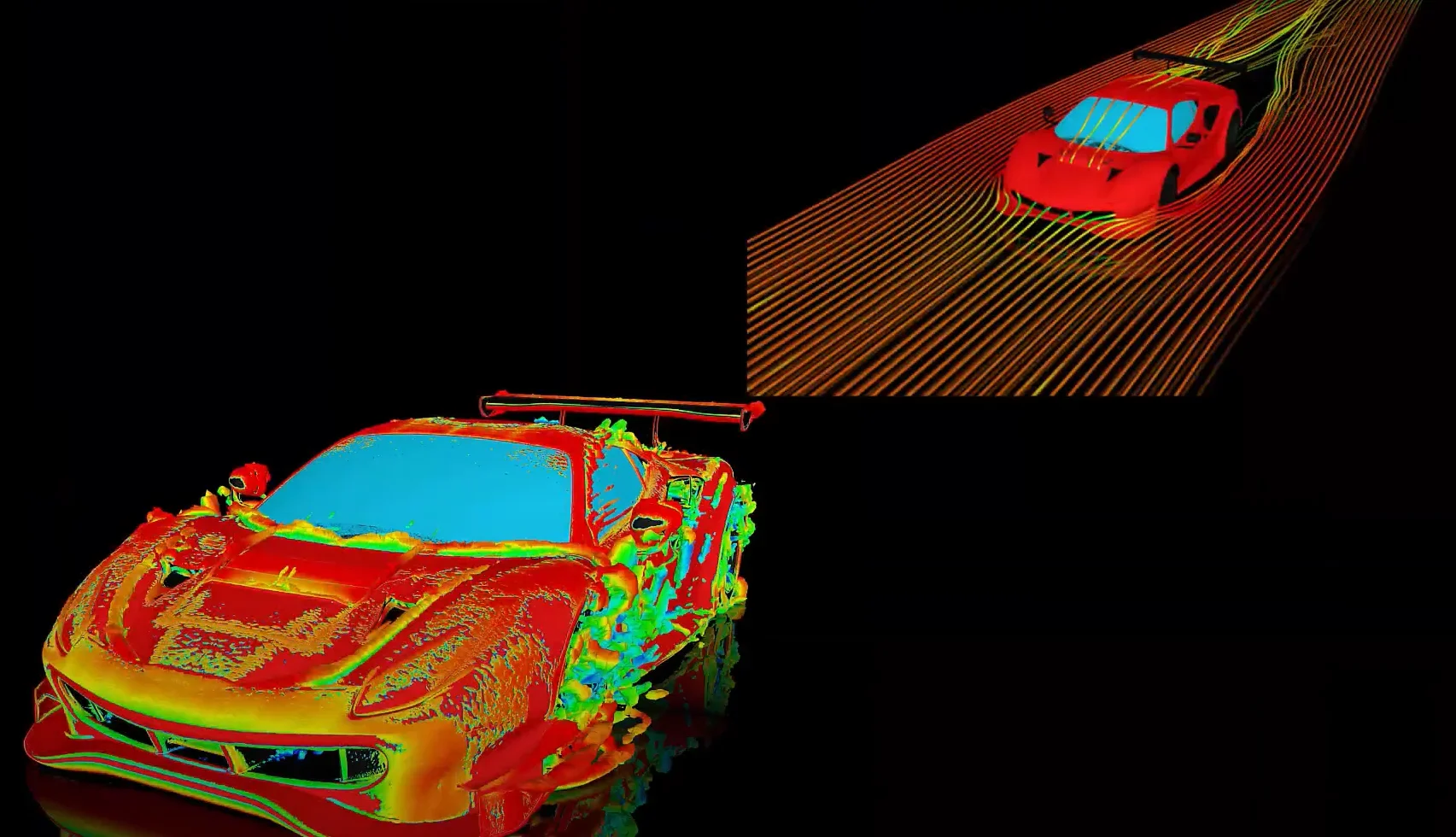-
-
June 6, 2022 at 9:30 am
 Watch & LearnParticipant
Watch & LearnParticipantSee how to use the newest features of ANSYS Workbench Meshing can be used to directly merge node/mesh elements.
To discover all the other new features of ANSYS release 16.0, visit http://goo.gl/KDtc5d
-


Introducing Ansys Electronics Desktop on Ansys Cloud
The Watch & Learn video article provides an overview of cloud computing from Electronics Desktop and details the product licenses and subscriptions to ANSYS Cloud Service that are...

How to Create a Reflector for a Center High-Mounted Stop Lamp (CHMSL)
This video article demonstrates how to create a reflector for a center high-mounted stop lamp. Optical Part design in Ansys SPEOS enables the design and validation of multiple...

Introducing the GEKO Turbulence Model in Ansys Fluent
The GEKO (GEneralized K-Omega) turbulence model offers a flexible, robust, general-purpose approach to RANS turbulence modeling. Introducing 2 videos: Part 1 provides background information on the model and a...

Postprocessing on Ansys EnSight
This video demonstrates exporting data from Fluent in EnSight Case Gold format, and it reviews the basic postprocessing capabilities of EnSight.

- ANSYS Mechanical: Node Merge
- Is there a way to show the element coordinate systems so that I know what direction the bending moments are in?
- How to use ANSYS Workbench Meshing Virtual Topology
- ANSYS Mechanical: Node Move
- I am getting an error that mixed order mesh elements are not supported. How to overcome this issue?
- How to use ANSYS Workbench for Shell Meshing and Editing
- How can you identify the element types used by Mechanical?
- How can we apply different loading conditions on both the top and bottom of a shell/surface body, e.g., temperature on top face and convection on bottom face.
- What is the difference between shell 63 and shell 181?
- How to change begin node and element number for meshing in Workbench Mechanical?

© 2026 Copyright ANSYS, Inc. All rights reserved.

